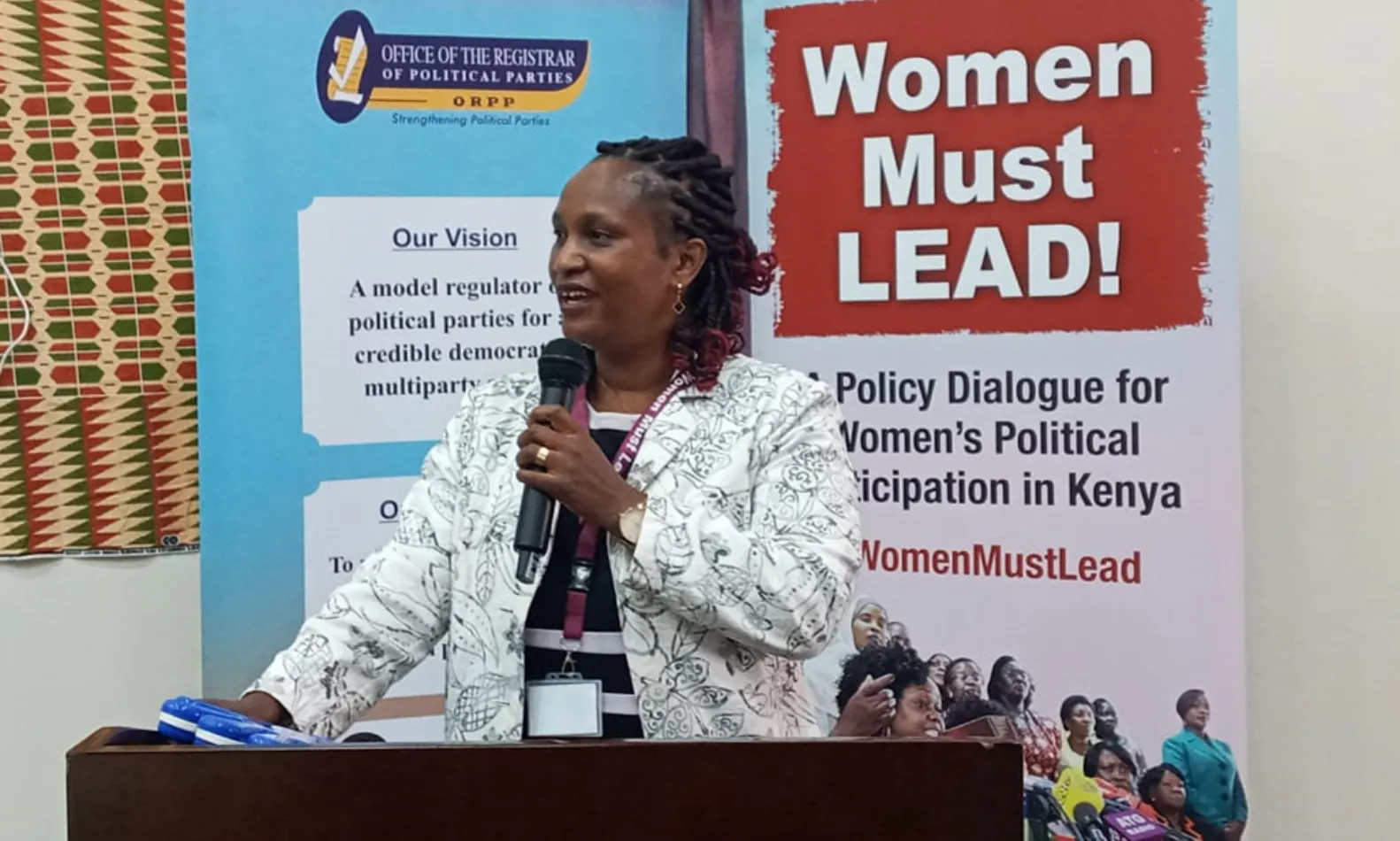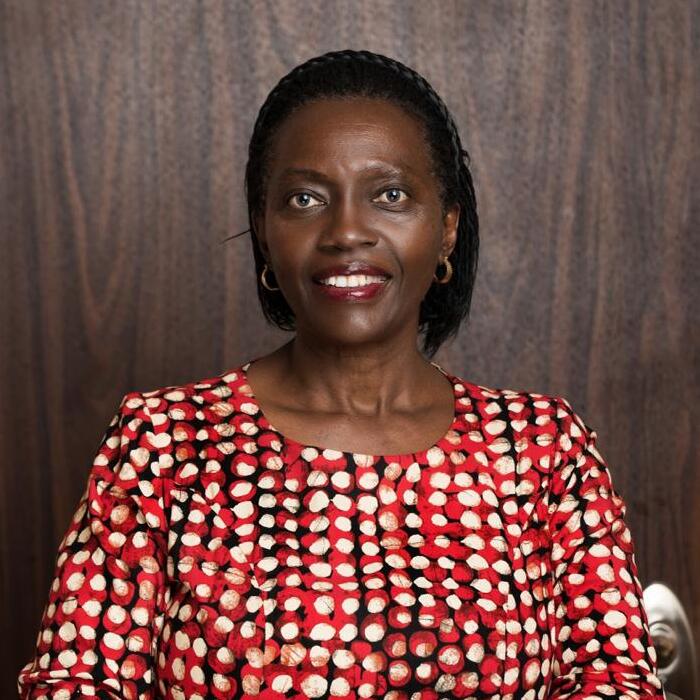
Kenya is set to bring to an end 60 years of male dominance in politics following the nomination of a female candidate to become the country's first ever deputy president in this year's election.
Martha Karua was named as the preferred running mate of Kenya's opposition leader and former Prime Minister Raila Odinga, who is running for the presidency. If she wins, she is set to become the first woman to occupy the office of deputy president in this year's presidential elections.

"After 60 years of independence, we cannot excuse the male dominance of the executive," Odinga, 77, said in a televised address in March this year.
Suppose Karua successfully circumvents the heavily masculine structural system in this eastern African country, which is heavily dominated by patriarchal norms. In that case, her feat will be wildly celebrated on the whole continent. Such a historical first will not only put her country on the gender parity map, but it will also increase the number of women holding executive posts in Africa and possibly across oceans.
In her nomination acceptance speech, an elated Karua said, "This is a moment for Kenyan women. Women are instrumental in pursuing change, and this is why this is the moment to usher more women at the national and country level to these leadership positions".
Currently, according to Gender Links SADC Barometer "Count Down to 2030", only 8 percent of executive leadership posts such as the President, Prime Minister, Deputy Ministers are held by women, despite all the concerted efforts civic organizations have been making in ensuring gender equality in politics.
That narrative can only be changed through the removal of existing structural changes and be replaced by the political will to ensure that women also lead. Some of the structural changes inhibiting women include violence, lack of resources and patriarchy that still discourages and frowns on women in leadership.
Presenting preliminary findings of the women's political participation in Africa during a regional training workshop for journalists held in South Africa in March that was jointly organized by Gender Links, UN Women and International IDEA, Wits Centre for Diversity Studies (WiCDS) researcher Dr William Mpofu called for the participation of women in politics, if gender parity is to be achieved.
"Women quotas are just a temporary arrangement which cannot be sustained. Governments should integrate into their school curricula women's political participation. They should enhance affirmative action for women, monitor implementation and also fund projects around women's political participation if women's elevation is to be achieved."



